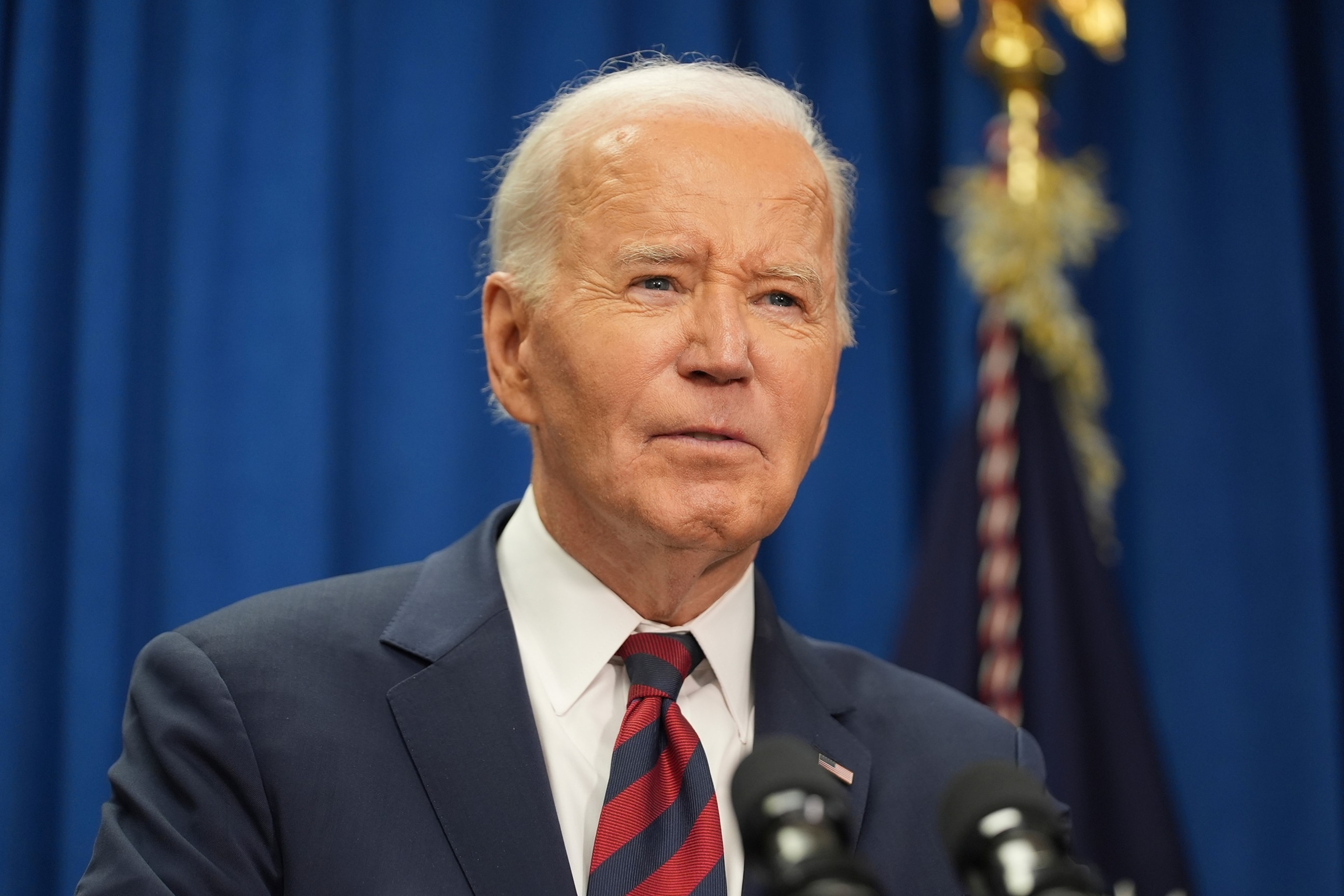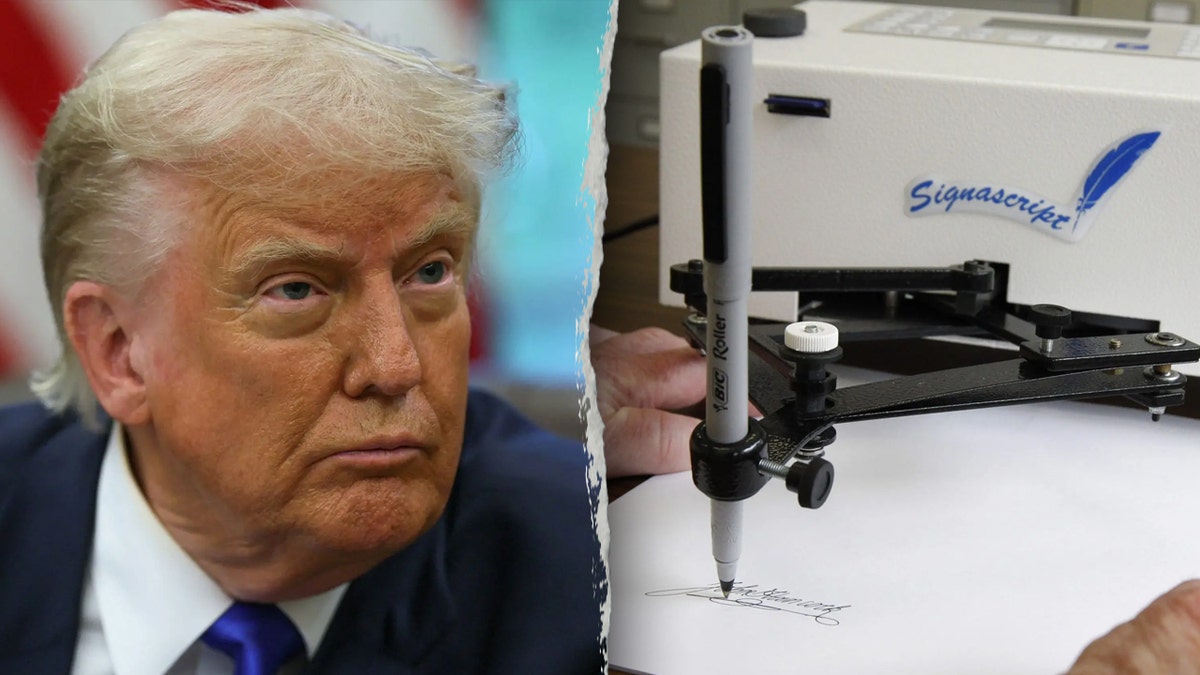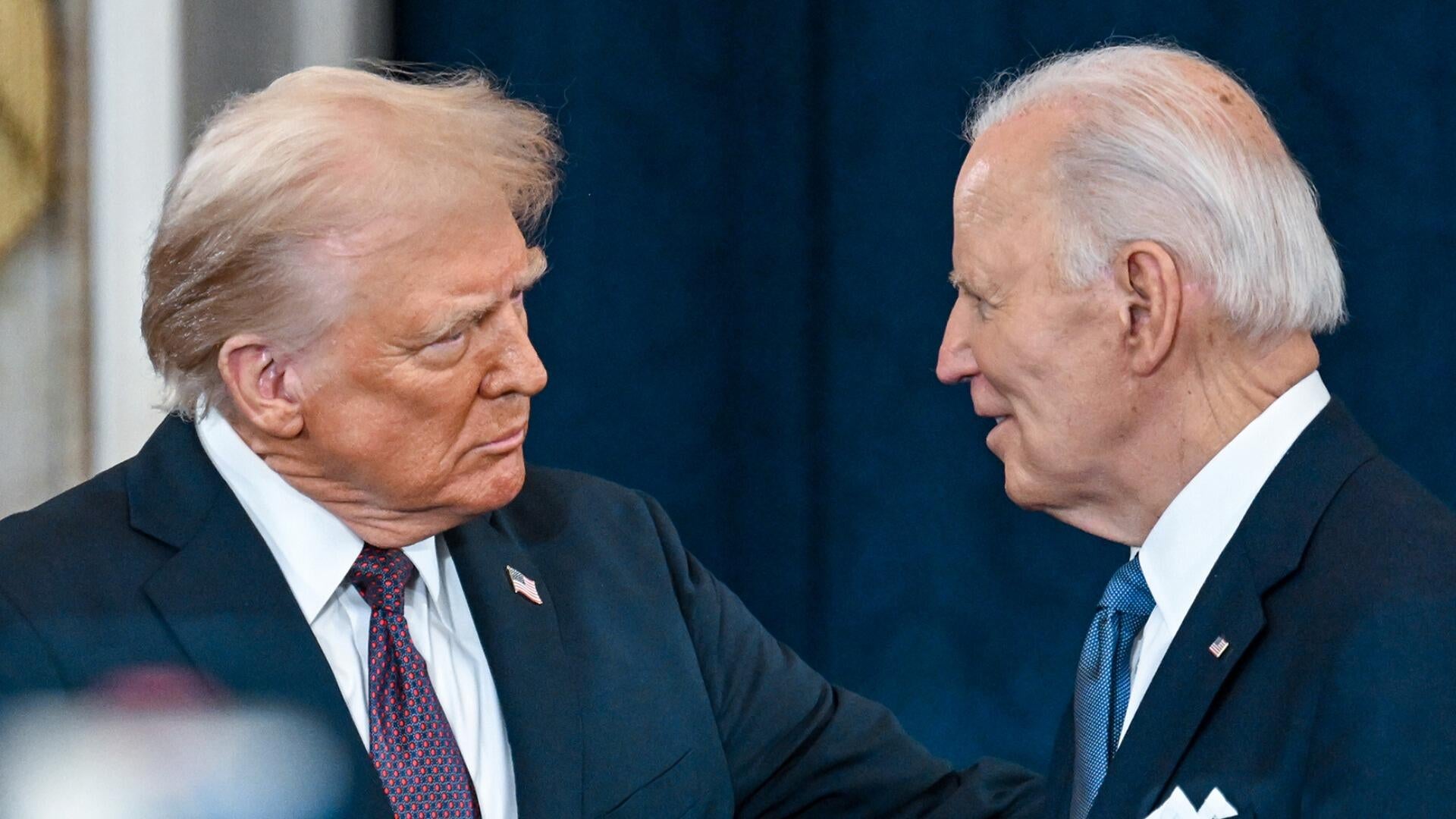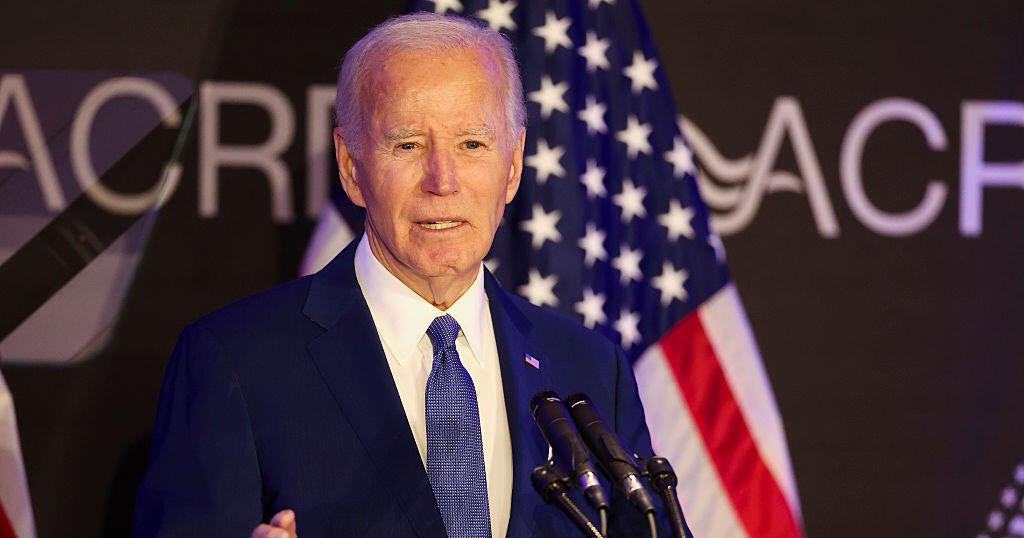
A notable legal debate has emerged concerning the use of an autopen by the Biden administration, prompting constitutional scholar Randy Barnett to critique Democratic assertions about threats to democracy.
Barnett, a distinguished Georgetown University law professor and director of the Georgetown Center for the Constitution, has labeled the autopen's deployment as the most significant constitutional scandal in United States history.
His remarks, posted on X on Monday and elaborated on Tuesday, contrast sharply with Democratic claims that President Donald Trump's policies endanger democratic principles, shifting the focus to alleged irregularities during Joe Biden's tenure.
Barnett's critique centers on what he describes as the executive branch's operation by unidentified subordinates under a president he deems mentally unfit.
In his initial X post, he stated that such a situation calls into question the legality of official actions performed in Biden's name without proper authorization.
He elaborated the following day, distinguishing between historical constitutional crises, such as Southern secession, and the current issue, which he classifies as a constitutional scandal.
This perspective challenges the narrative advanced by Democratic lawmakers and left-leaning media, who have accused Trump of precipitating a constitutional crisis through actions such as deporting undocumented immigrants and revoking visa privileges for certain foreign students.
The controversy stems from a recent New York Times interview with former President Biden, published on Sunday, July 13, 2025, in which he defended his administration's use of an autopen.

Biden explained that he orally approved a comprehensive list of clemency and pardon decisions toward the end of his term, with aides employing the autopen to execute these actions.
The autopen, a mechanical device that replicates a signature, was used extensively, including for pardons and commutations affecting 2,500 nonviolent drug offenders in Biden's final weeks.
Biden insisted in the interview that he was aware of each pardon, asserting, "I made every decision," and justified the autopen's use due to the volume of actions, stating that staff applied it "because there were a lot of them."
The Times reported that Biden did not individually approve each name for categorical pardons, which applied to large groups. Instead, following extensive discussions on criteria, he endorsed the standards used to determine eligibility for sentence reductions.
Among the notable pardons were those for Anthony Fauci, former chief medical advisor, Mark Milley, former Chairman of the Joint Chiefs of Staff, and members of the House committee investigating the January 6, 2021, Capitol riot.
In a striking move less than thirty minutes before Trump's inauguration, Biden also pardoned family members, including brothers James B. Biden and Francis W. Biden, sister Valerie Biden Owens, and brother-in-law John T. Owens. These actions have fueled debate over the autopen's legitimacy, given its mechanical nature contrasts with a handwritten signature.
The issue gained traction earlier in 2025 when the conservative Heritage Foundation's Oversight Project investigated the Biden administration's autopen usage.
Their findings revealed a consistent signature across numerous executive orders and official documents, contrasting with variations in Biden's signature on his 2024 race withdrawal announcement.
This discrepancy has raised questions about the authenticity of presidential approvals, particularly amid growing concerns about Biden's mental acuity.
These concerns intensified during the 2024 campaign, peaking after his widely criticized debate performance against Trump, which led to his withdrawal on July 21, 2024, and endorsement of Vice President Kamala Harris.
Since resuming the presidency, Trump has vocally opposed Biden's autopen practice, alleging that aides signed documents without Biden's knowledge.
During a Monday press interaction, Trump remarked, "I guarantee you he knew nothing about what he was signing, I guarantee you," referencing Biden's Times interview.
This stance follows a June 2025 memo from Trump to the Department of Justice, directing Attorney General Pam Bondi to probe whether Biden's aides conspired to conceal his cognitive decline while using the autopen for key decisions.
Trump's letter described the practice as a conspiracy involving the misuse of presidential signatures across thousands of documents to enact significant policy shifts, labeling it one of the most dangerous scandals in American history.
Biden countered these accusations in his interview, dismissing Trump and other Republicans as "liars" for suggesting he was incapacitated. He argued that such claims were a deliberate attempt to shift focus from their own shortcomings, stating, "They know it. They know, for certain. I mean, this is, look, what they, they've had a pretty good thing going here.
They've done so badly. They've lied so consistently about almost everything they're doing. The best thing they can do is try to change the focus and focus on something else.
And this is a, I think that's what this is about." This defense underscores a deepening partisan divide, with each side accusing the other of undermining democratic integrity.

The legal implications of the autopen controversy are profound. Article II of the U.S. Constitution vests executive power in the president, implying that significant actions require direct authorization.
Scholars like Barnett argue that delegating such authority to aides via an autopen, especially if Biden was unaware of specifics, may violate this principle.
The pardons, which include discretionary acts of clemency, heighten the stakes, as they traditionally require the president's personal intent. The Heritage Foundation's findings suggest a pattern of mechanized signatures, potentially invalidating actions if proven to lack Biden's direct oversight.
Public reaction, as observed on X, reflects this polarization. Supporters of Trump view the investigation as a necessary accountability measure, while Biden allies decry it as a politically motivated attack.
The timing, coinciding with Trump's renewed administration, amplifies the narrative that both parties exploit legal processes for advantage. This perception could erode public trust in governmental institutions, a concern echoed by legal experts who note the rarity of such high-profile challenges to presidential authority.
The controversy also intersects with broader political dynamics. Democrats' focus on Trump as a democracy threat, a theme prevalent during the 2024 election, contrasts with their silence on the autopen issue, suggesting a selective application of constitutional scrutiny.
Trump's deportation and visa policies, while controversial, fall within executive discretion, whereas the autopen debate raises questions about the delegation of power, a distinction Barnett emphasizes. This shift in focus could reshape Democratic rhetoric as they prepare for the 2026 midterms.
Internationally, the scandal may influence perceptions of U.S. governance. Allies reliant on American leadership, such as in health or security, might question the stability of executive decisions if the autopen's use is deemed illegitimate.

The pardons of figures like Fauci and Milley, tied to COVID-19 and military oversight, could also draw global scrutiny, affecting diplomatic relations. Conversely, adversaries might exploit the situation to highlight perceived American hypocrisy.
The investigation ordered by Trump, led by Bondi, represents a formal step toward resolution. Its scope includes assessing whether aides misrepresented Biden's capacity, a charge complicated by his public denials.
Legal outcomes could range from nullifying affected actions to establishing new protocols for autopen use, though political interference risks undermining credibility. The process's duration, potentially extending through 2025, will test the Justice Department's independence under Trump's appointees.
Psychologically, the dispute reflects the toll of partisan warfare. Biden's defensive tone suggests frustration with ongoing criticism, while Trump's aggressive stance reinforces his narrative of uncovering corruption.
For scholars like Barnett, the issue transcends politics, focusing on constitutional fidelity, a stance that may resonate with independent observers. The public's response, shaped by media framing, will likely influence the scandal's legacy.
In conclusion, constitutional scholar Randy Barnett's critique of the Biden administration's autopen use challenges Democratic claims of a Trump-led threat to democracy, framing it as a historic constitutional scandal.
Rooted in Biden's defense of mechanized signatures for pardons and executive orders, the controversy pits allegations of improper delegation against assertions of legitimate oversight.

As Trump’s investigation unfolds, the debate underscores tensions over executive power, political accountability, and public trust, with implications that may reverberate through the 2026 elections and beyond, shaping the nation’s legal and political landscape.




-1749949582-q80.webp)